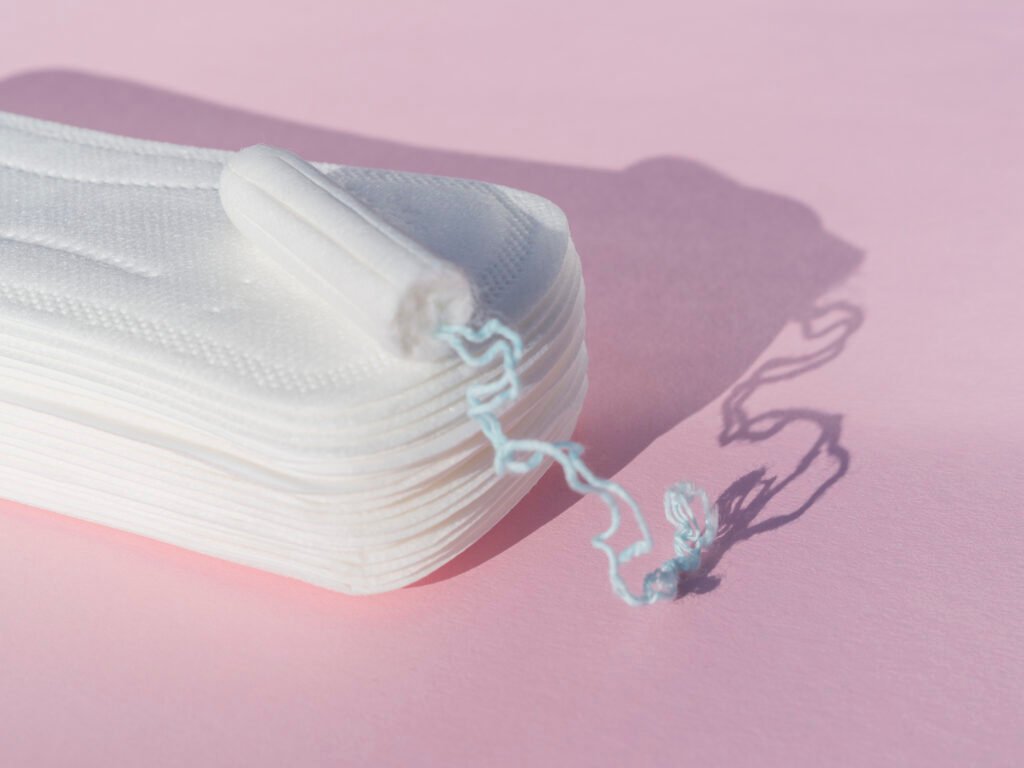Introduction:
10 ways of Evolution and Impact of Sanitation Towels– Sanitation towels, commonly known as sanitary pads or menstrual pads, have evolved significantly over the years, revolutionizing the way menstruating individuals experience their periods. From their humble beginnings to the modern innovations, sanitation towels have played a crucial role in promoting menstrual hygiene and empowering individuals worldwide. In this blog, we’ll explore the remarkable evolution and impactful contributions of sanitation towels in empowering periods.


- Historical Context: Sanitation towels have a rich history dating back centuries. Early civilizations used various materials like cloth, moss, and even animal skins to manage menstruation. However, it wasn’t until the late 19th and early 20th centuries that disposable pads made of cotton and other absorbent materials became commercially available.
- Innovations in Design: Over time, the design of sanitation towels has evolved to enhance comfort, absorbency, and discretion. From bulky and uncomfortable pads to ultra-thin and highly absorbent variants, manufacturers have continually improved the design to meet the diverse needs of users.
- Materials and Sustainability: With growing environmental concerns, there’s been a shift towards eco-friendly materials in sanitation towels. Manufacturers are now producing pads made from organic cotton, bamboo fibers, and biodegradable materials, reducing the environmental impact of disposable pads.
- Access and Affordability: Improved access to sanitation towels has been a significant milestone in menstrual hygiene management. Initiatives aimed at providing affordable or free pads to marginalized communities have helped combat period poverty and ensure that no one is left behind due to lack of access to menstrual products.
- Technological Advancements: The integration of technology has led to the development of innovative sanitation towel solutions, such as pads with moisture-wicking properties, odor control, and even smart pads equipped with sensors to track menstrual flow and provide health insights.
- Cultural Taboos and Stigma: Sanitation towels have played a role in challenging cultural taboos and stigma surrounding menstruation. By providing discreet and effective menstrual hygiene solutions, they empower individuals to manage their periods with dignity and confidence.
- Health and Hygiene Education: Alongside the distribution of sanitation towels, educational programs focused on menstrual health and hygiene have become increasingly prevalent. These initiatives aim to raise awareness about proper menstrual hygiene practices and debunk myths and misconceptions surrounding periods.
- Period Equity and Advocacy: The advocacy for period equity has gained momentum in recent years, calling for policy changes to ensure access to menstrual products in schools, workplaces, and public spaces. Sanitation towels have been at the forefront of this movement, driving conversations about menstrual equity and dignity.
- Inclusivity and Diversity: Manufacturers are recognizing the diverse needs of menstruating individuals, leading to the development of pads tailored for different body shapes, flow levels, and preferences. Inclusivity in product offerings ensures that everyone can find a suitable solution for their menstrual needs.
- Empowerment and Confidence: Ultimately, the evolution and impact of sanitation towels boil down to one fundamental outcome: empowerment. By providing reliable and comfortable menstrual hygiene solutions, sanitation towels empower individuals to live their lives without the limitations imposed by menstruation, fostering confidence and self-assurance.
Conclusion:
The evolution and impact of sanitation towels have been nothing short of transformative. From historical roots to modern innovations, these humble products have revolutionized menstrual hygiene management, challenged stigma, and empowered individuals worldwide. As we continue to progress, it’s essential to prioritize inclusivity, sustainability, and accessibility to ensure that everyone can experience periods with dignity and confidence.
1 comment so far